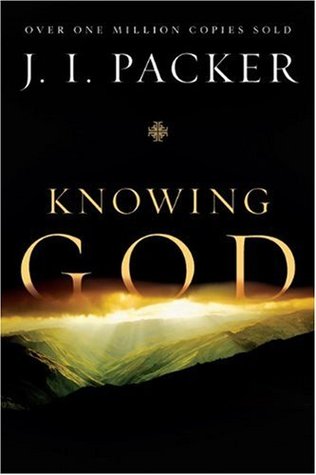More on this book
Community
Kindle Notes & Highlights
The conviction behind the book is that ignorance of God-ignorance both of his ways and of the practice of communion with him-lies at the root of much of the church’s weakness today.
For more than three centuries the naturalistic leaven in the Renaissance outlook has been working like a cancer in Western thought. Seventeenth-century Arminians and deists, like sixteenth-century Socinians, came to deny, as against Reformation theology, that God’s control of his world was either direct or complete, and theology, philosophy and science have for the most part combined to maintain that denial ever since. As a result, the Bible has come under heavy fire, and many landmarks in historical Christianity with
Ninety years ago C. H. Spurgeon described the wobbling he then saw among the Baptists on Scripture, atonement and human destiny as “the downgrade.” Could he survey Protestant thinking about God at the present time, I guess he would speak of “the nosedive”!
“Stand at the crossroads and look; ask for the ancient paths, ask where the good way is, and walk in it, and you will find rest for your souls” (Jer 6.16).
Oh, there is, in contemplating Christ, a balm for every wound; in musing on the Father, there is a quietus for every grief; and in the influence of the Holy Ghost, there is a balsam for every sore.
Knowing about God is crucially important for the living of our lives.


